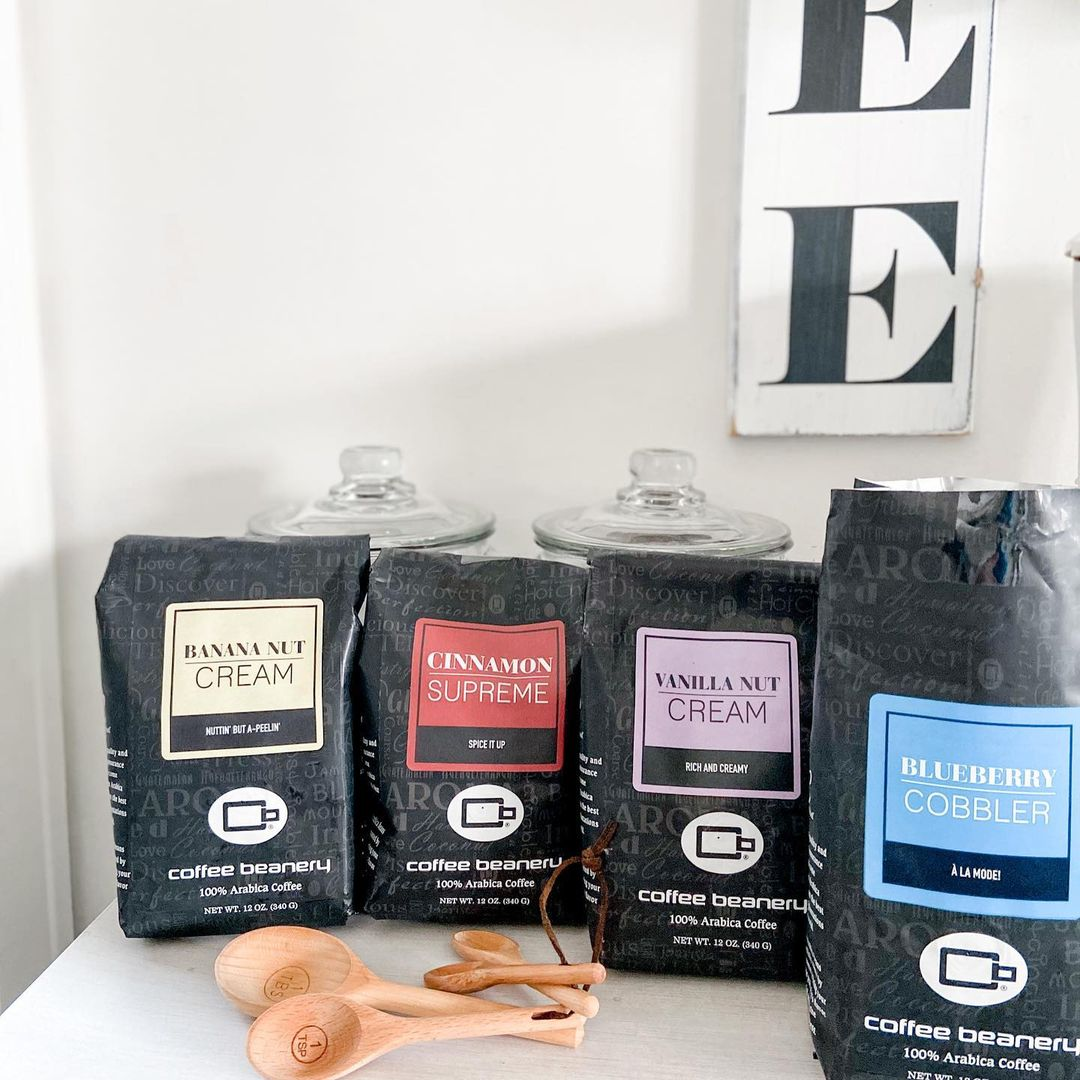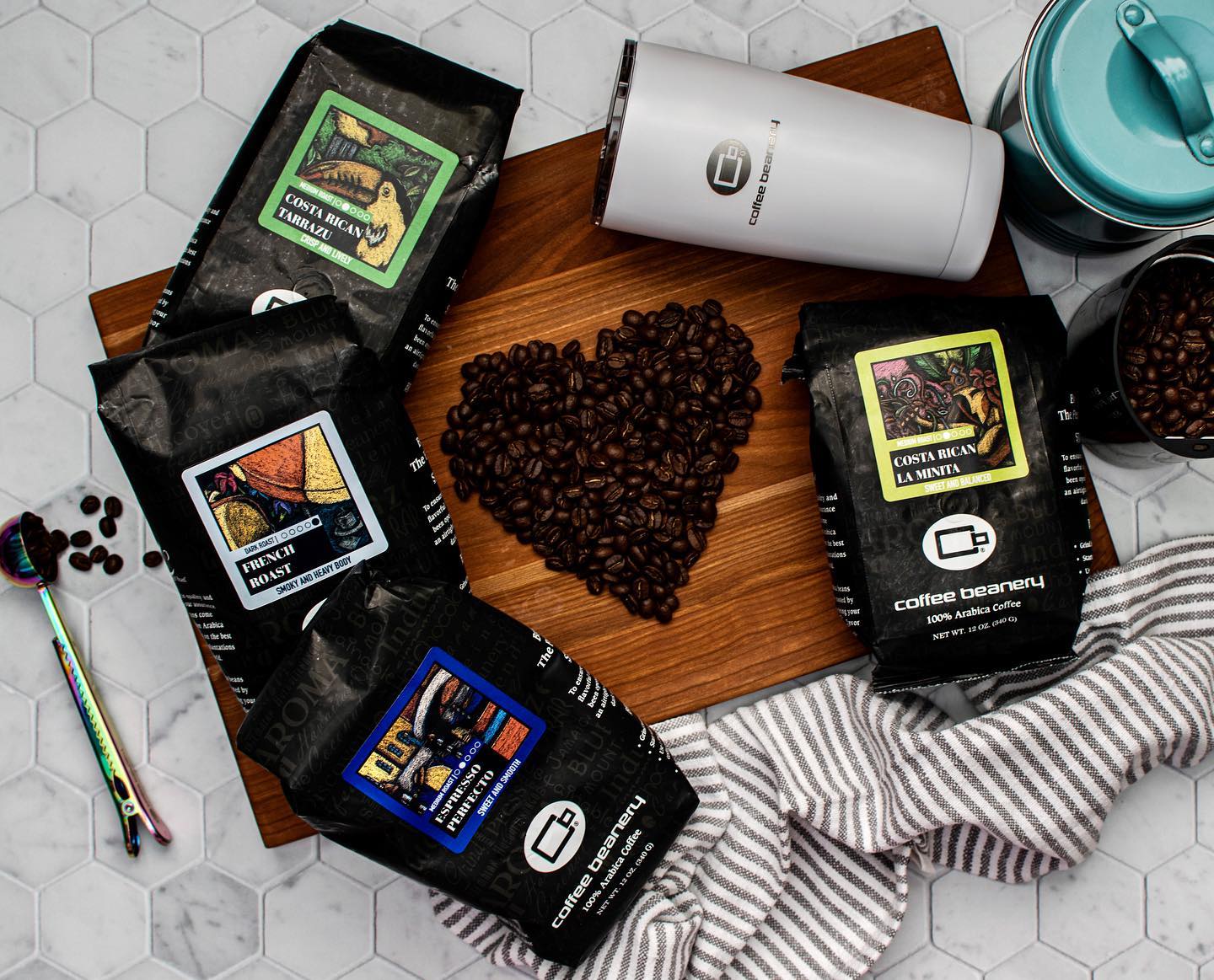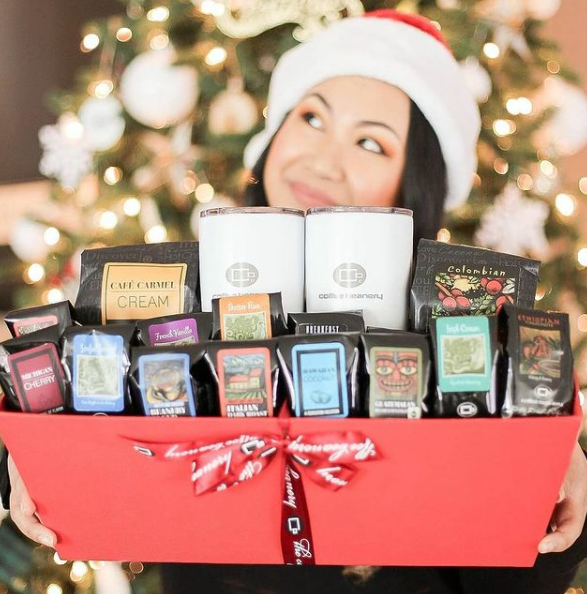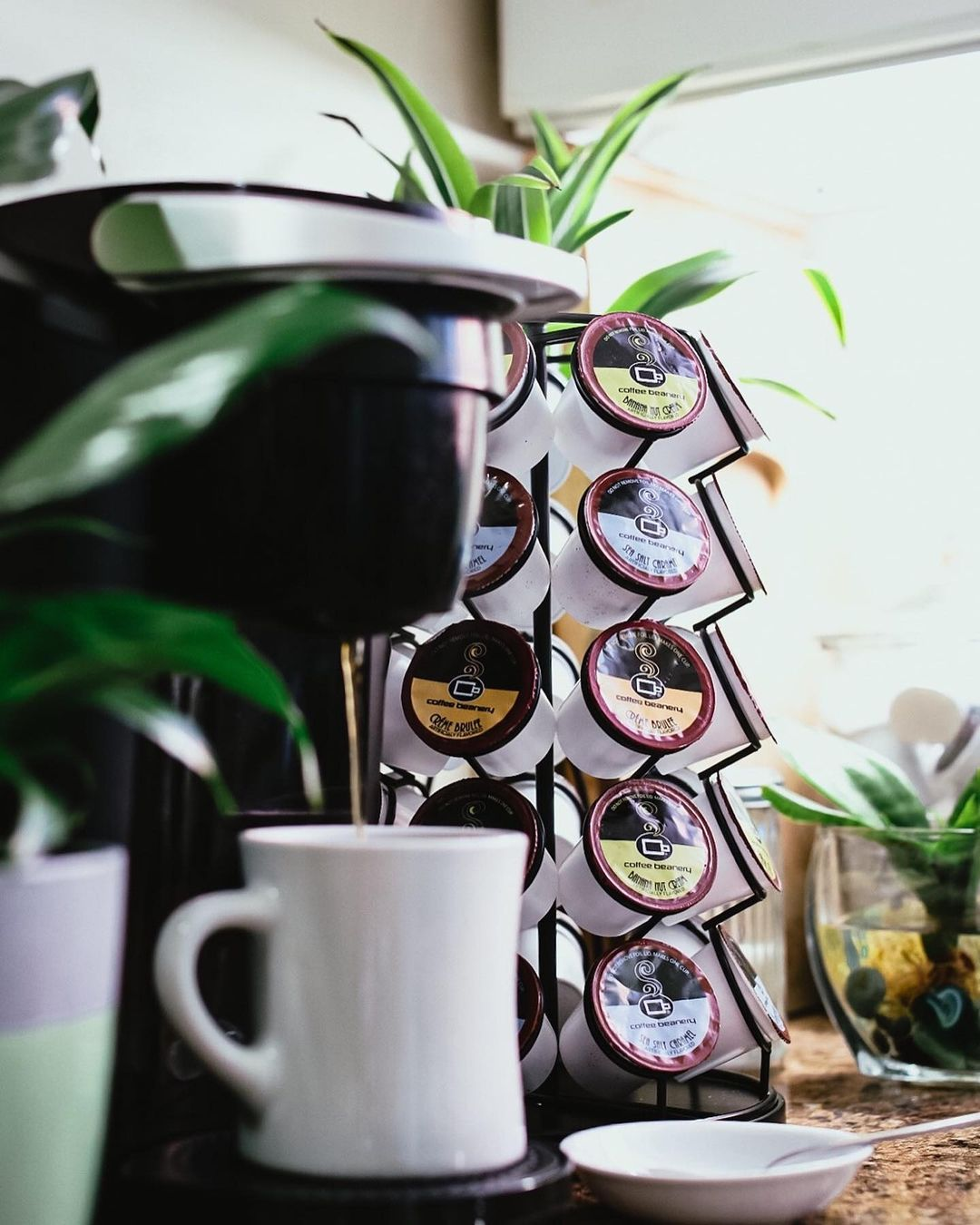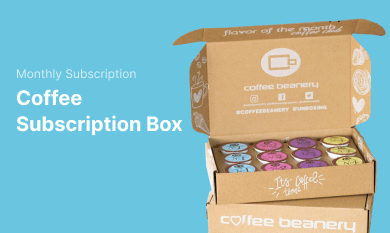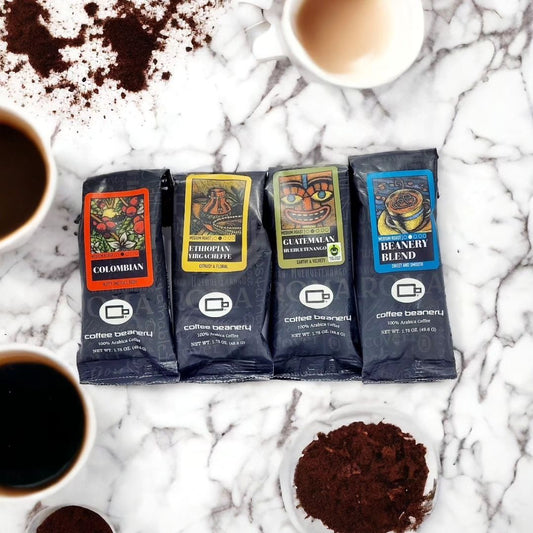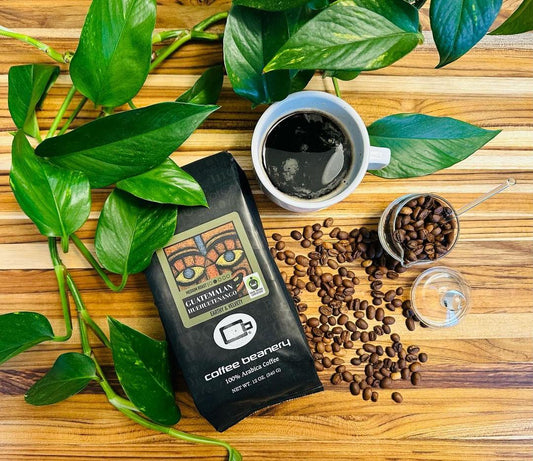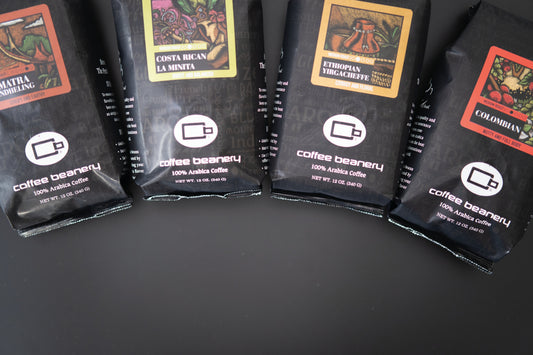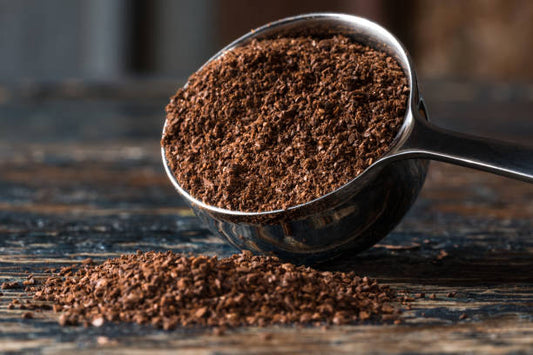Caffeine is the reason many of us reach for that cup of coffee first thing in the morning. It gives us the boost we need to kickstart our day and power through our tasks. But how much caffeine are you actually getting in your coffee? The answer isn't straightforward because several factors influence caffeine content. Let’s dive into the details and uncover how much caffeine is really in your coffee.
The Basics: How Much Caffeine Is in a Cup of Coffee?
On average, an 8-ounce cup of brewed coffee contains about 95 milligrams of caffeine. However, this can vary depending on several factors, such as the type of coffee, brewing method, and serving size. Some cups of coffee may have as little as 70 milligrams, while others could pack over 150 milligrams of caffeine.
Here’s a quick breakdown of the approximate caffeine content in various coffee drinks:
- Brewed coffee (8 oz): 95 mg
- Espresso (1 oz): 63 mg
- Instant coffee (8 oz): 30-90 mg
- Decaf coffee (8 oz): 2-5 mg
Factors That Affect Caffeine Content
-
Type of Coffee Bean
- There are two main types of coffee beans: Arabica and Robusta. Arabica beans, which are more common and often considered higher quality, tend to have less caffeine than Robusta beans, which are more bitter and have a higher caffeine content. Robusta beans can contain up to 50% more caffeine than Arabica beans.
-
Brewing Method
- The way your coffee is brewed has a huge impact on how much caffeine ends up in your cup. Some methods extract more caffeine than others:
- Drip Coffee (Automatic Coffee Maker): This method typically uses about 10-15 grams of coffee grounds per 8-ounce cup and takes several minutes to brew, which allows for maximum caffeine extraction. The average caffeine content is around 95 milligrams per cup.
- Espresso: Espresso is brewed using a smaller amount of water and a more concentrated coffee, so it’s much more caffeine-dense. A standard shot of espresso (1 ounce) contains about 63 milligrams of caffeine.
- French Press: This method involves steeping coffee grounds in hot water for several minutes, which leads to a higher caffeine extraction. A typical 8-ounce cup brewed in a French press contains about 80-100 milligrams of caffeine.
- Cold Brew: Cold brew coffee is brewed over an extended period, typically 12-24 hours, and results in a coffee concentrate with a high caffeine content. A standard serving of cold brew (8 oz) may have around 100-200 milligrams of caffeine.
- Instant Coffee: Instant coffee is made by dissolving freeze-dried coffee granules in water. It generally contains less caffeine than brewed coffee, with an 8-ounce serving typically having between 30-90 milligrams of caffeine, depending on the brand and type.
- The way your coffee is brewed has a huge impact on how much caffeine ends up in your cup. Some methods extract more caffeine than others:
-
Serving Size
- The size of your coffee cup also plays a significant role in caffeine content. A larger cup of coffee (say 16 oz) will have double the caffeine of an 8-ounce cup, provided you’re using the same amount of coffee grounds. So, if you're sipping a "venti" at Starbucks, you're likely getting around 190 milligrams of caffeine or more.
-
Grind Size and Coffee Strength
- The grind size of your coffee beans and the strength of your brew can affect how much caffeine is extracted. Finer grinds (often used for espresso) will release more caffeine, while coarser grinds (used for methods like French press) may have a lower caffeine extraction.
Decaf Coffee: Does It Really Have No Caffeine?
While decaffeinated coffee is a great option for those who want to reduce their caffeine intake, it’s important to note that decaf coffee is not completely caffeine-free. An 8-ounce cup of decaf coffee typically contains around 2-5 milligrams of caffeine, but this varies depending on the brand, brewing method, and type of coffee bean used.
At Coffee Beanery, we take it a step further by offering Swiss Water Process decaf coffee, which is 99.9% caffeine-free. This method uses water and a natural filtration process to remove caffeine, preserving the rich flavor and character of the beans without leaving behind harmful chemicals. So, if you’re looking for a decaf coffee that’s as close to caffeine-free as possible while still delivering on taste, our Swiss Water Process decaf is the perfect choice.
For comparison, a cup of regular coffee can have anywhere from 70 to 150 milligrams of caffeine, so even though decaf still contains a small trace amount, it's a great option for those who want to enjoy the flavor of coffee without the extra caffeine boost.
How Much Caffeine Is Too Much?
For most people, moderate caffeine consumption (around 400 milligrams per day, or about 4 cups of brewed coffee) is considered safe. However, everyone’s tolerance to caffeine is different. Some people are more sensitive to its stimulating effects, experiencing jitters, anxiety, or insomnia with smaller amounts. Others can drink multiple cups throughout the day without any issues.
If you exceed about 500-600 milligrams of caffeine per day, you may begin to experience side effects like restlessness, rapid heart rate, or digestive issues. Pregnant women, individuals with certain health conditions, and people who are caffeine-sensitive should consider limiting their intake.
Conclusion: How Much Caffeine is in Your Coffee?
The amount of caffeine in your coffee depends on several factors, including the type of coffee bean, brewing method, serving size, and grind size. On average, an 8-ounce cup of brewed coffee contains about 95 milligrams of caffeine, though this can vary. If you prefer espresso, you’re looking at around 63 milligrams per shot.
So, the next time you're sipping your favorite coffee, you'll have a better idea of how much caffeine is in that cup—and how it compares to other brewing methods. Whether you’re looking for a big caffeine boost or just a mild pick-me-up, there’s a coffee style that fits your needs perfectly!
